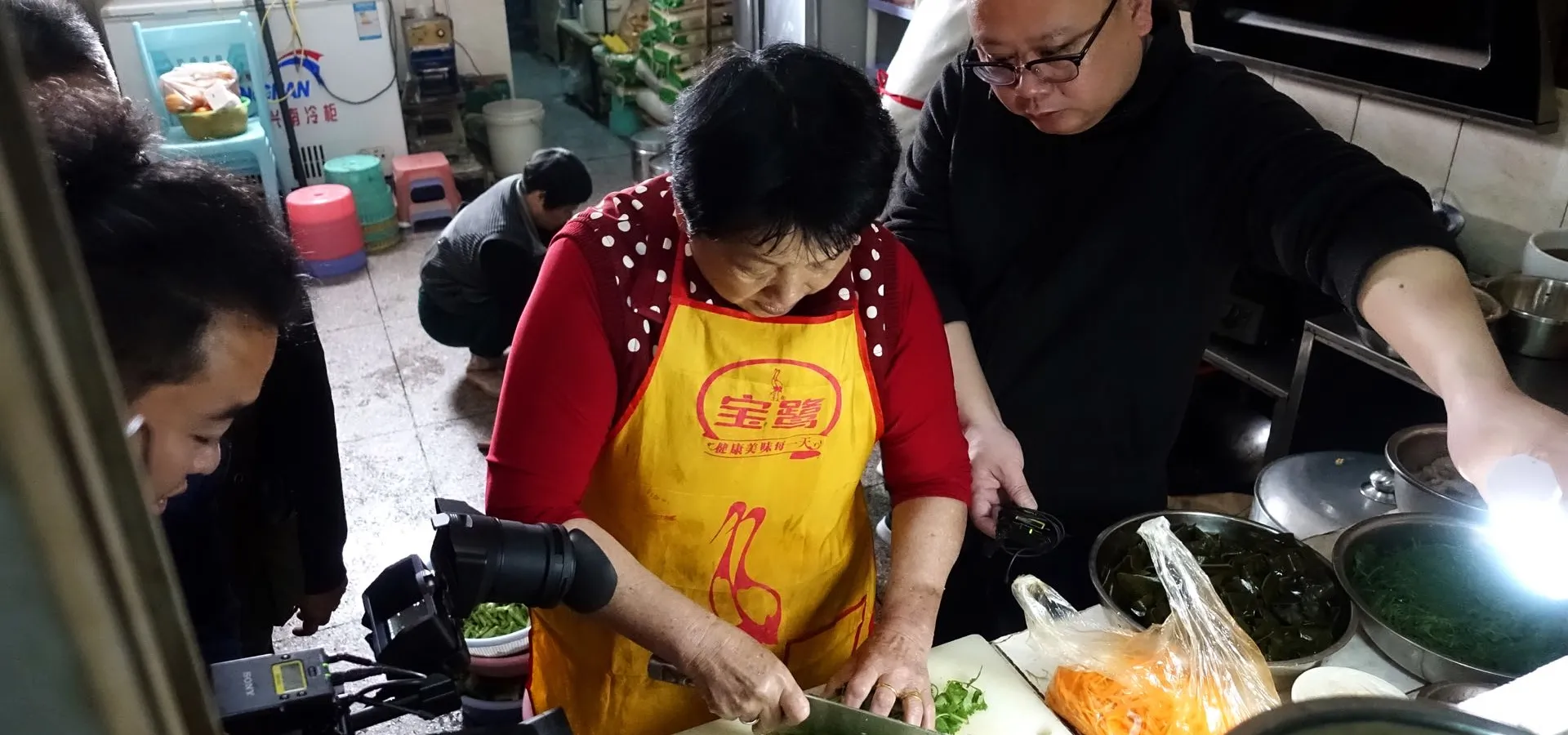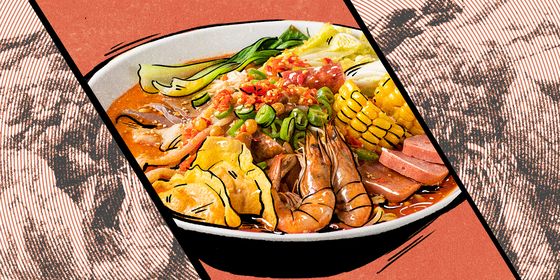A TV director traveled all around China filming traditional breakfasts, and became a morning meal convert in the process
Hi, I’m Chen Shi, the producer of Story FM. Our podcast today is all about the ongoing documentary series Breakfast in China, which has aired over 100 episodes and counting.
I tend to sleep in and skip breakfast, so I miss out on those puffs of steam coming out from breakfast shops early in the morning. Breakfast in China is my chance to peek at this morning world. What’s more, with the pandemic curbing pretty much any traveling over the past few years, the series doubles as a “travel show,” introducing me to plenty of ordinary folks making honest livings all over China.
Our narrator today is none other than the director of Breakfast in China himself, Wang Shengzhi, who chatted with me from Fujian on a November afternoon. Don’t worry if you’re not acquainted with the show; after all, breakfast is a familiar topic for everyone. Here, Wang recollects his experiences after shooting over 100 breakfast stalls.
-1-
An invitation to breakfast
Director Wang: My name is Wang Shengzhi, I’m 48 years old and I work for Fujian TV Station. Because some of my past works suddenly gained quite a lot of attention from the public, I started to see myself as a documentary director.
Chen Shi: Hi, Director Wang. Welcome to Story FM and congrats on Breakfast in China getting a fourth season! Let’s get talking about breakfast—the least conspicuous of our three meals each day. We’re often all about meeting with friends over dinner, lunch, or even afternoon tea, but rarely do we ever make breakfast dates. So tell us, when did you start paying attention to breakfast?
Wang: You know, like all young people I used to think I could do without breakfast and just spend a little more time in bed before rushing to work. That went on until some seven or eight years ago, when a business trip with author Shu Kuo-chih took me to a small village in Heping, Yunnan province. Mr. Shu was in his sixties, so his schedule was different to mine back then. Most notably, breakfast was his most important meal of the day.
Before Mr. Shu went to bed each night he would invite us to have breakfast together the next day. For the first couple days, I politely refused. “Goodness, no need, Mr. Shu. You just come by tomorrow, I’ll sort myself out. All we need is a time to meet the next day, or we can just agree to set off together from wherever, really.”
However, soon enough I got a little embarrassed at refusing. After all, I admired Mr. Shu as an author and he was my senior. Eventually, on the third day, we met for breakfast.
Story FM: Shu is a writer from Taiwan with a serious zest for life. Liang Wendao dubbed him “Taiwan’s No. 1 Prose Master,” and he’s also written a series of books on food, such as Taipei Snack Notes and Frugal Eats. With titles like these, you can tell they aren’t about fine dining. On the contrary, he’s always focusing on humble, unassuming menu items like sesame seed cakes, fried dough sticks, egg-fried rice, and fried buns. He could easily turn a small glass of sugarcane juice into one of his articles.
People often ask Shu: “There are so many snack stalls in any city; how can you possibly choose which one to write about?” His answer is simple; he just visits whichever restaurant he fancies. He never relies on food reviews, he uses his own intuition and just walks into whichever restaurant looks promising.
Chen: Did you and Shu use that same rule of thumb for your breakfast dates? What kind of places did you end up finding?
Wang: Ah, the old man really didn’t need much sleep. He’d go to bed late, wake up early, and walk the morning away in his quest for the perfect breakfast spot.
I was very impressed with one of our findings. It was this street stall selling rice noodles that we’d first found at the corner of the village, before it moved to seek shelter on a rainy day. I could see the steam from two boiling pots—one for the broth, one for the rice noodles—rising from the stall’s new spot beneath a tree. Leaning against a nearby wall, scores of customers just held their bowls and slurped away.














